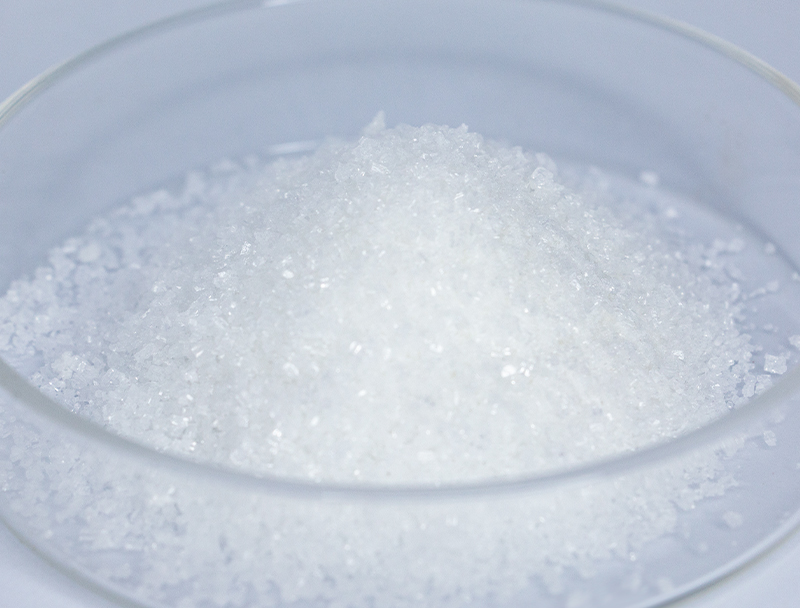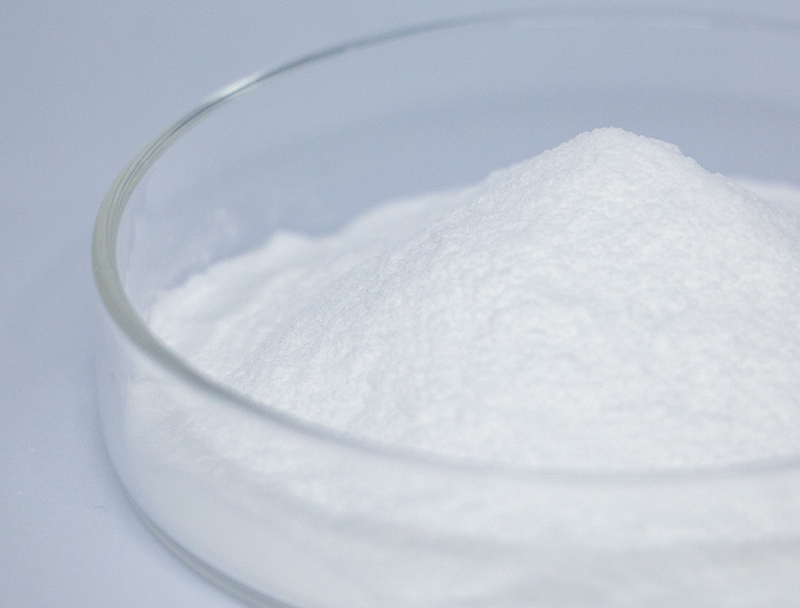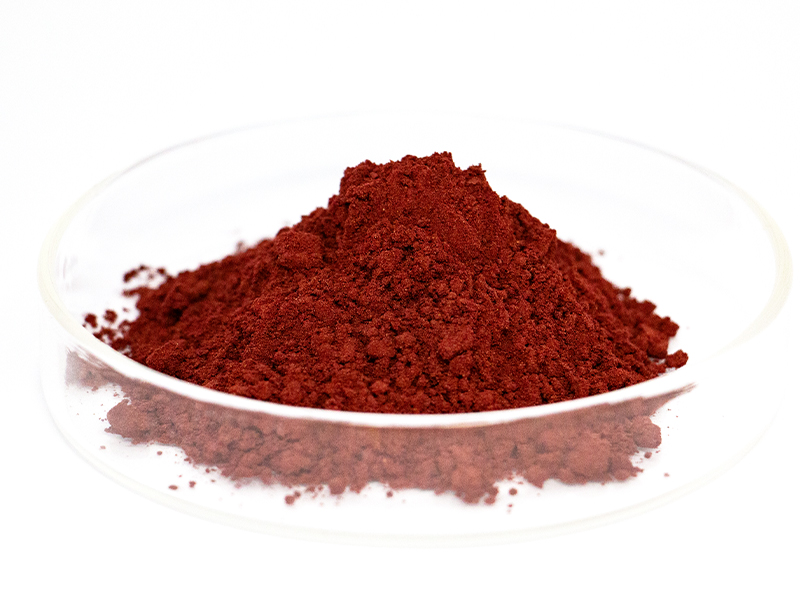
Cell-based production leans heavily upon a plentiful suite of substrates to yield progressive bio-based commodities.
Safeguarding sustainably sourced materials is paramount for the long-term viability and ethical growth of the industry.
several issues arising from typical material sourcing including environmental degradation and exploitation of natural resources. Thus, organizations must explore circular sourcing options to lessen environmental harm.
- Examples of sustainable sourcing practices include:
- Applying circular feedstocks from post-harvest streams
- Deploying circular process designs to reduce discard and boost reuse
- Aligning with domestic providers that adhere to transparent sourcing
Such a move to ethical procurement delivers ecological gains and commercial returns over time.
Tuning Feedstock Characteristics for Higher Biofuel Efficiency
Optimizing biofuel yields depends strongly on feedstock quality and makeup. Experts maintain efforts to discover ways to maximize feedstock value, resulting in superior production volumes and sustainable energy gains. This involves genetic modifications to increase biomass production, as well as pretreatment techniques that break down complex plant materials into more readily fermentable sugars.
- Furthermore, teams search for alternative biomass sources including algal strains, industrial wastes, and crop leftovers to broaden sustainable feedstock options for fuels.
- By means of ongoing innovation the biofuel sector can achieve substantial advances soon, shaping a cleaner energy future.

Advances in Biopharmaceutical Manufacturing: Focus on Upstream Operations
includes primary operations from inoculation through cell collection Recent developments in this field have resulted in optimized workflows that raise overall output.
Notable improvements feature new expression systems, refined media recipes, and automated reactor platforms. Such breakthroughs boost efficiency and simultaneously reduce manufacturing costs and carbon burdens.
- Similarly, continuous process trends grant superior flexibility and refined control across production stages.
- This transition to advanced manufacturing techniques is set to transform the sector and accelerate therapeutic timelines.

Precision Genomic Tools Enhancing Biopharmaceutical Yields
improvements in molecular editing platforms like CRISPR have updated therapeutic production processes. Using precise gene interventions, engineers raise the output of key therapeutic proteins. The technique provides opportunities to manufacture economical, high-yield therapeutics for varied indications.
Harnessing Microbial Biotechnology for Sustainable Bioremediation
innovative solutions for sustainable bioremediation, a critical process for addressing environmental pollution. Engineered and natural microbes can attenuate pollutants via metabolic conversion.. Using microbial biotechnology enables remediation strategies that balance effectiveness with ecological protection. Researchers screen diverse microbial taxa for metabolic pathways suited to remove heavy metals, pesticide residues, and hydrocarbon contamination.. These microbes operate in engineered systems or direct environmental applications to metabolize and remove contaminants.
The use of microbial biotechnology in bioremediation offers several advantages over conventional methods. This method provides a low-cost, low-waste alternative to conventional remediation. Moreover, microbes can be tailored to address specific pollutants with minimal impact on non-target organisms. The field of microbial biotechnology continues to advance rapidly, with ongoing research focused on improving the efficiency and effectiveness of bioremediation strategies.
Bioinformatics' Impact on Drug Design
Data-driven bioinformatics is critical for modern pharmaceutical innovation. From predictive screening to lead refinement, computational biology underpins more efficient drug pipelines.
- Through evaluating comprehensive genomic, proteomic, and clinical data, teams detect novel targets and predict drug action.
- Moreover, bioinformatics contributes to drug design by simulating the interactions between drugs and their targets, ultimately leading to the development of more effective drugs.
- In summary, bioinformatics overhauls pharmaceutical R&D and quickens the path to safe therapeutics for patients.
Cell Factory Optimization for Higher Bioproduct Output
utilizes multiple approaches to enhance production of desirable bioproducts in cells. Programs use genetic redesign of metabolic networks, dynamic regulation of expression, and addition of heterologous genes to unlock new capabilities. By refining pathway flux and regulation engineers can significantly raise bioproduct production.
This wide-ranging tactic can overhaul industries spanning medicine, agriculture, and energy production.

Challenges and Opportunities in Scaling Up Biopharmaceutical Production
Expanding production volumes poses difficult barriers yet offers substantial opportunities. Preserving batch-to-batch quality when scaling up is a key challenge. Overcoming this requires advanced process control, continuous monitoring, and sensitive analytical platforms.

A further difficulty lies in process complexity, with many interdependent production phases.. Optimizing these processes for large-scale production can be a complex undertaking, requiring extensive research and technological innovation.. Despite challenges, the benefits may be considerable. Well-executed upscaling can improve therapy access, decrease costs, and enhance economic performance.
A range of strategies is being implemented to address scaling problems. They encompass new process-improvement tools, in-line analytics for continuous oversight, and creative manufacturing approaches.
- Development efforts are also playing a crucial role in advancing biopharmaceutical production capabilities.
- Regulatory frameworks are being optimized to accommodate novel production technologies and promote innovation.
Exploring Approval Frameworks for Biopharmaceutical Safety and Effectiveness
Developing biologic treatments requires exacting oversight to ensure consistent safety and efficacy. Biopharmaceuticals, often derived from biological sources, present unique challenges compared to traditional medications.
Institutions such as the U.S. FDA and European EMA lead in formulating regulations and benchmarks for biologic approvals..
Meticulous validation protocols are enforced from preclinical validation to long-term post-market evaluation.. The protocols serve to uncover safety concerns and certify that products fulfill rigorous protection standards..
Similarly, regulators iteratively adjust approaches to trans-Cinnamic acid accommodate emerging biopharmaceutical breakthroughs.. Actions include accepting new technologies and streamlining development channels while safeguarding patient health.

Plant-Derived Feedstocks as a Route to Sustainable Bioplastics
A stronger push for environmentally responsible materials is driving research into renewable options. Plant-origin feedstocks converted into bioplastics create promising opportunities for eco-friendly materials. Plant inputs like corn-derived starch, cellulose derivatives, and sugarcane can be turned into degradable plastics that lessen environmental burdens.
Also, many renewable bioplastics exhibit comparable mechanical and functional traits to conventional plastics across applications.. Sustained research efforts are necessary to optimize plant feedstocks for mass bioplastic production and enable circularity.
Biotech's Role in Improving Global Health and Agricultural Resilience
Biotech provides transformative capabilities that can change healthcare outcomes and strengthen food systems. With genetic tools, engineered biological systems, and regenerative cell approaches, experts craft interventions to manage diseases, enhance agriculture, and fortify nutrition.. To illustrate, modified plants designed for pest resilience and environmental tolerance can raise outputs and reduce pesticide application.. Additionally, biotech enables faster vaccine development, novel antimicrobials, and precise diagnostics critical to infectious disease control and health improvement.. Going forward, advancements in biotechnology are likely to yield interventions that improve health and advance sustainable food systems globally.
